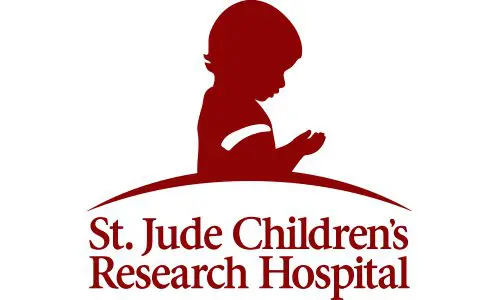Timeframe: 2022 – 2024
Goal: Defining the most promising immunological targets that can be translated into effective cell-based immunotherapies
Principal Investigators: Paul G. Thomas, PhD

Study overview: New immunotherapeutic approaches have produced spectacular outcomes for a small subset of tumors, including certain melanomas, lung cancers, and leukemias, but these dramatic cures have not been broadly observed across all tumor types, including for fibrolamellar carcinoma (FLC). The goal of this proposal is to advance immunotherapy for FLC, by defining the most promising immunological targets that can be translated into effective cell-based immunotherapies. In addition, these results will provide sensitive diagnostic tools for determining which patients are most likely to benefit from diverse immunotherapeutic approaches, including those currently in use or in trials. Immunotherapies work by activating T cells, which can recognize tumor cells by identifying fragments of proteins not present in healthy cells. In principle, FLC is an outstanding candidate for immunotherapy because virtually all tumors across all patients contain the same tumor-specific fusion protein, DNAJB1-PRKACA. A difficulty with T cellbased therapies, however, is that the targets T cells recognize vary widely from person to person, even if derived from exactly the same protein, as in the case of FLC. Also, multiple types of T cells can attack the exact same target, and this diversity has limited the ability to identify effective T cells within and between patients.
This effort addresses both sides of this complex diversity—the diversity in tumor targets within the FLC fusion and the many different T cells that attack them. Using multiple innovative computational and technological approaches for T cell and antigen characterization, the study team will:
- Identify the most useful FLC fusion targets across the vast majority of the human population
- Isolate corresponding T cells (and the critical T cell receptor) that can attack these tumor antigens, and
- Determine which T cell-antigen combinations have the highest efficiency for tumor killing.
Collectively, the successful completion of this proposal will identify potential T cell-based therapies for clinical translation and an immediately applicable set of diagnostic tools for assessing a patient’s response to fusion-targeted immunotherapies.
